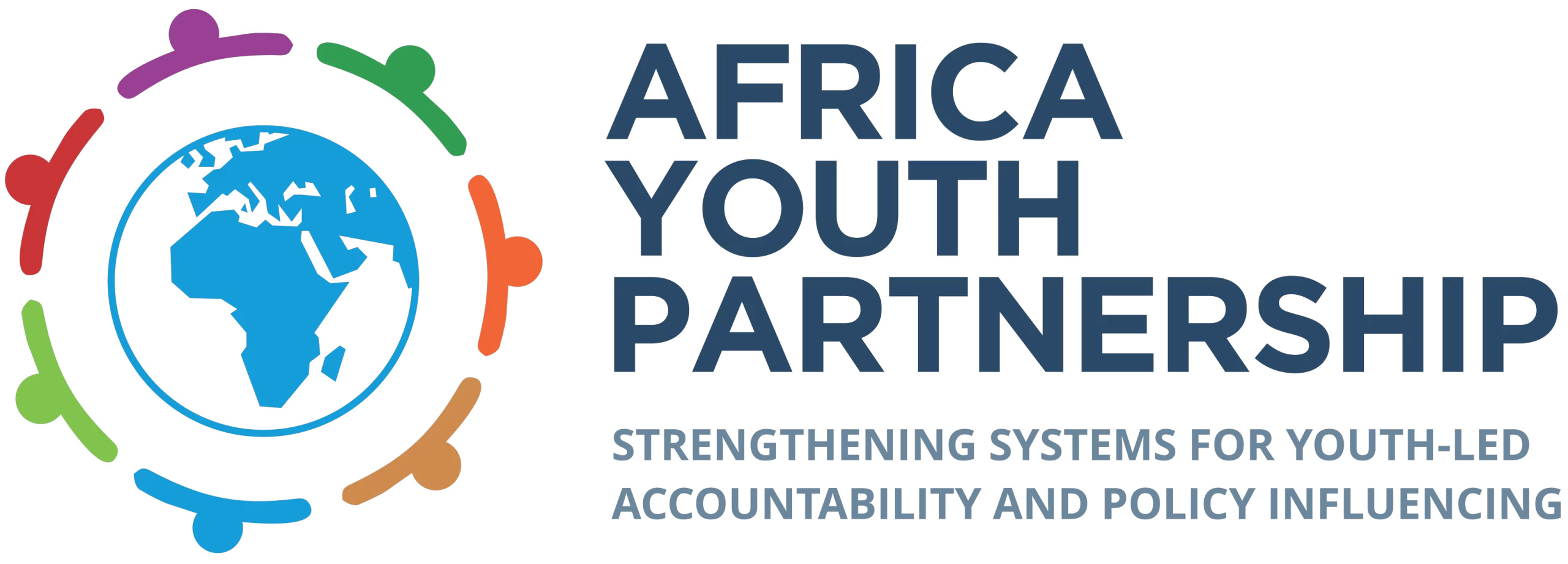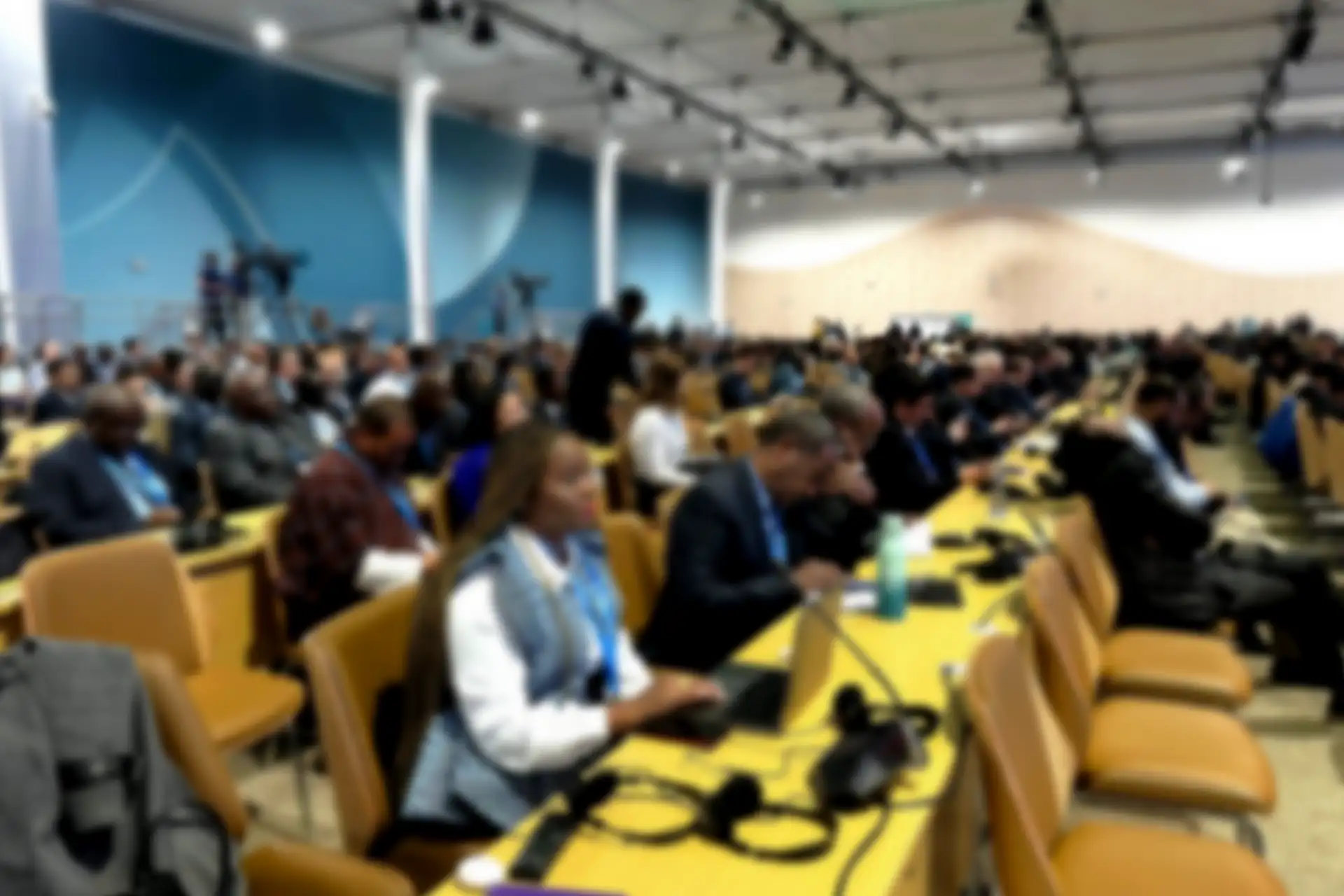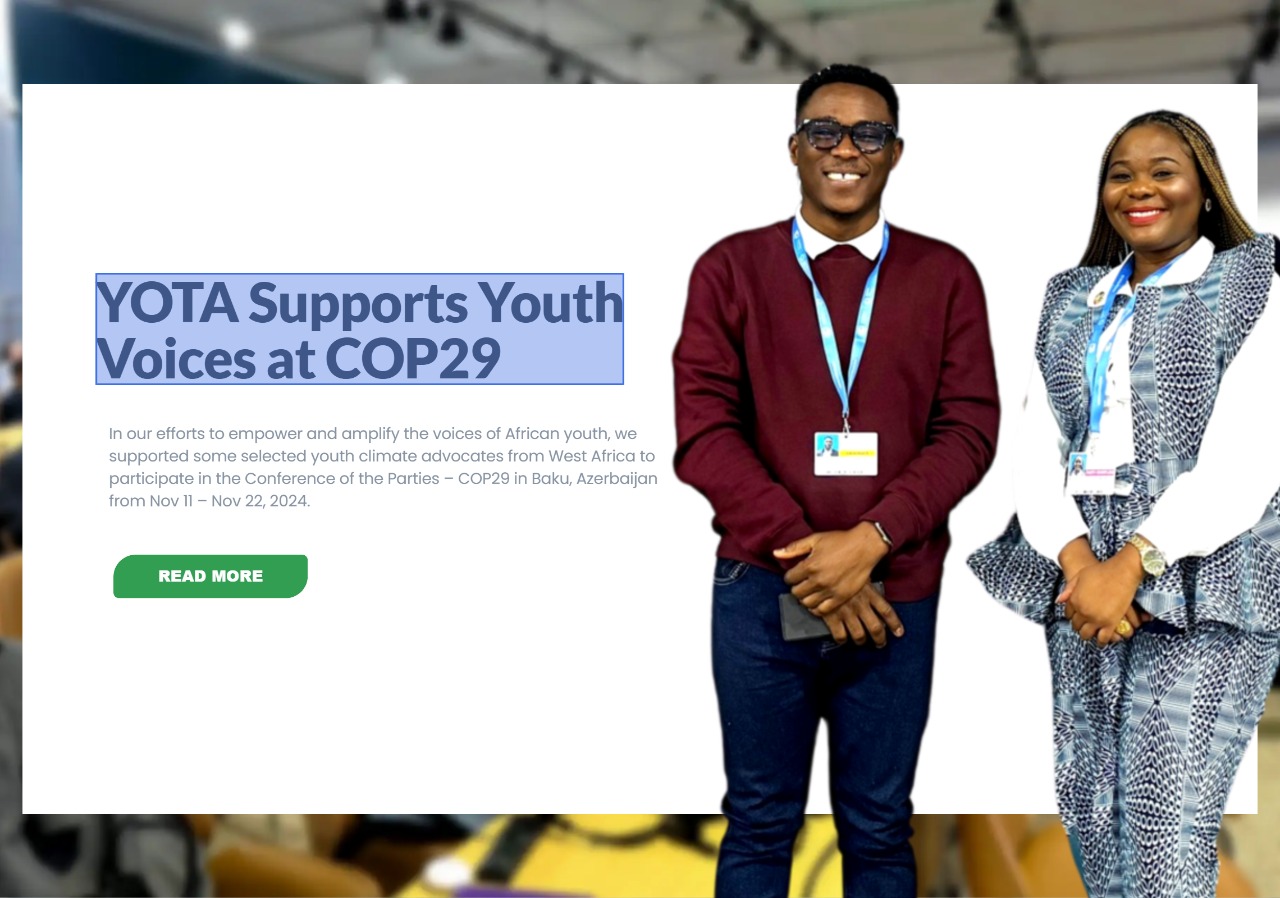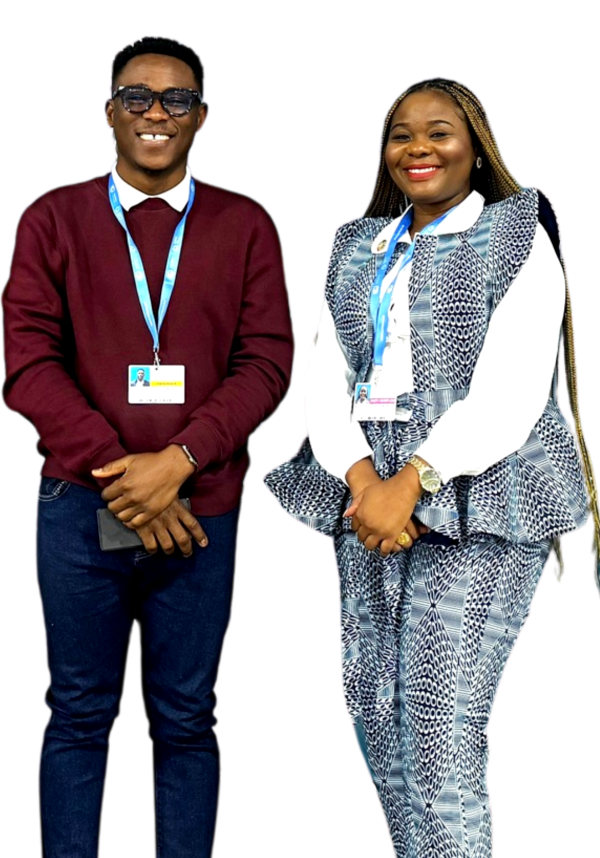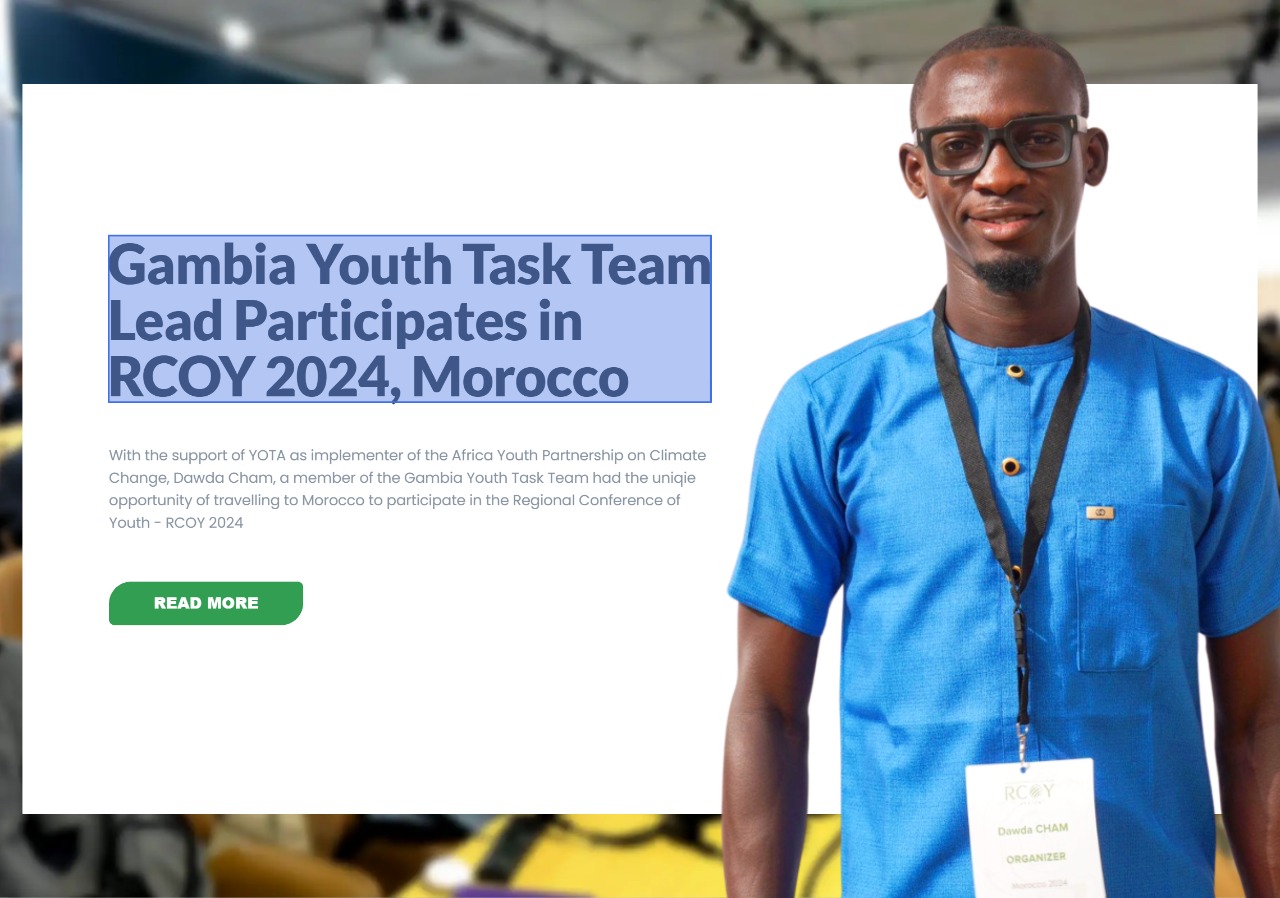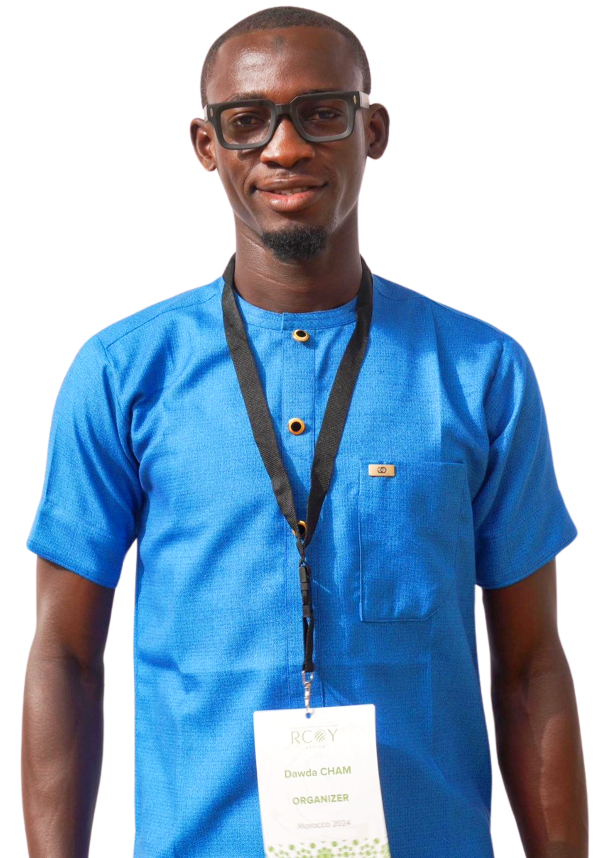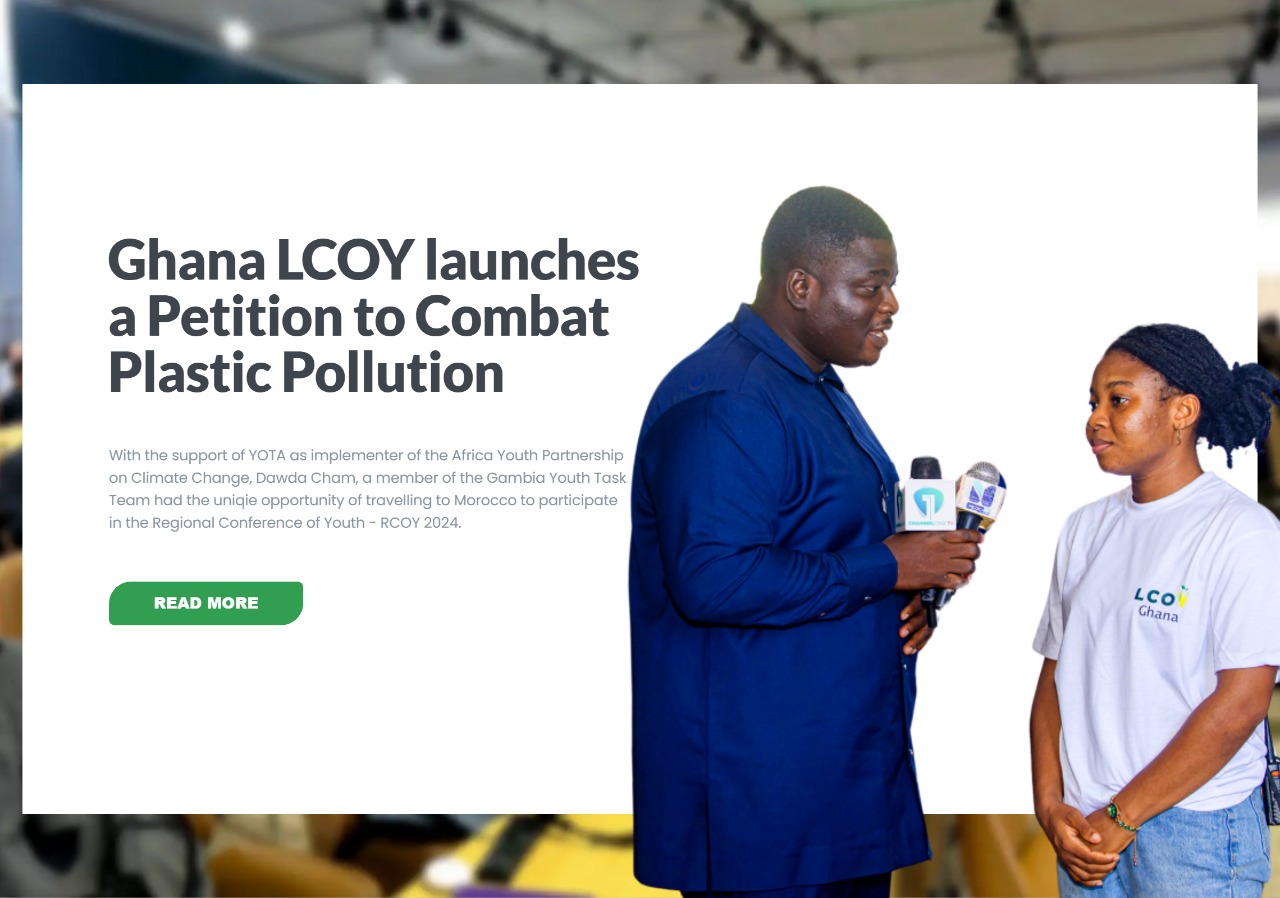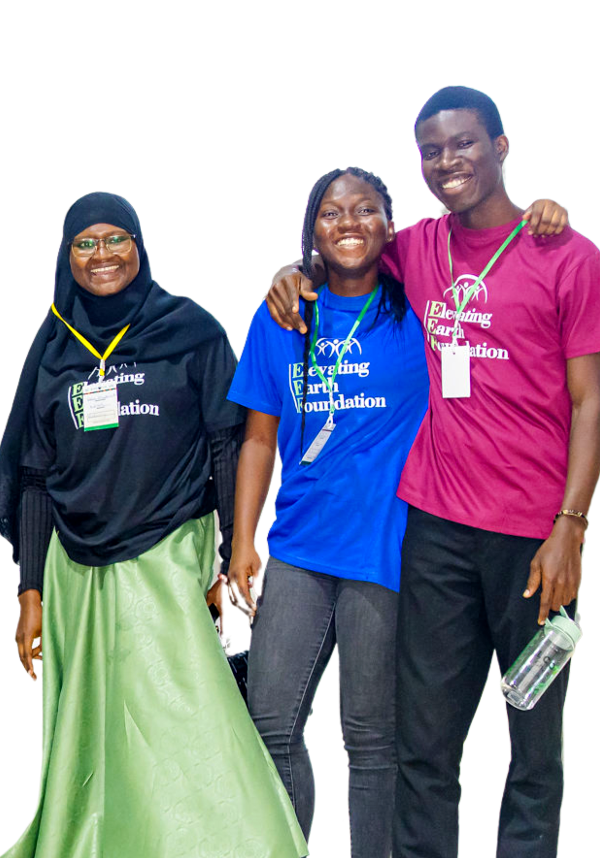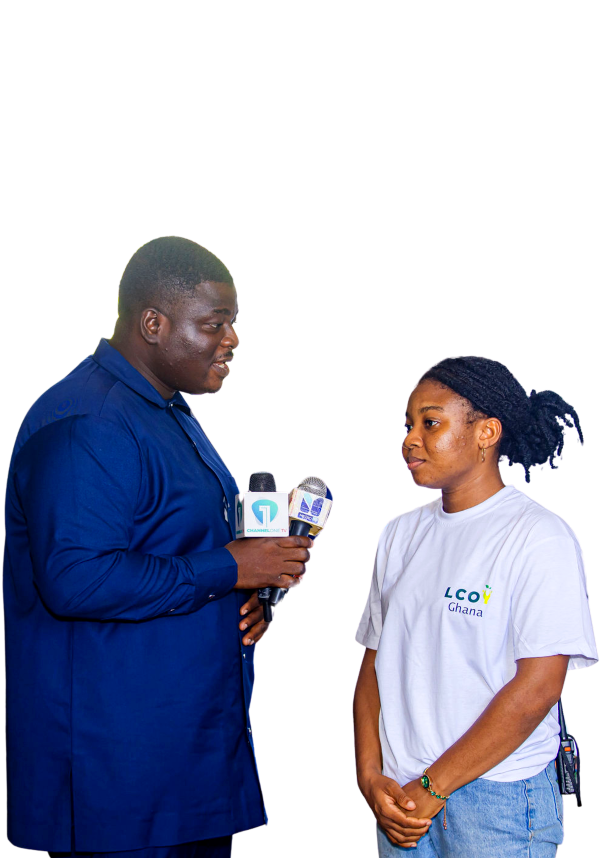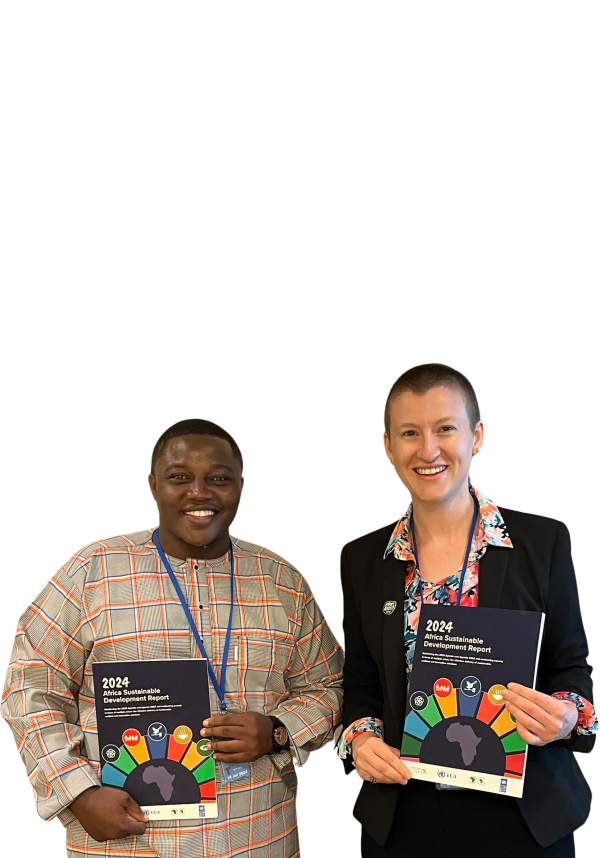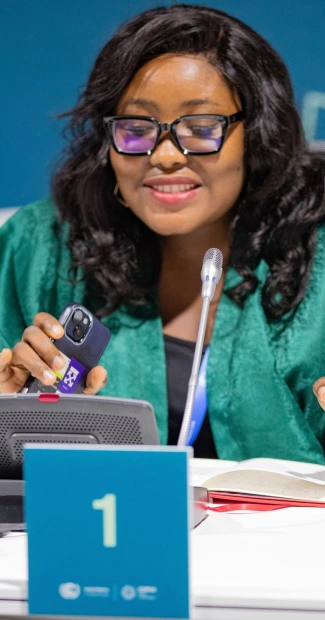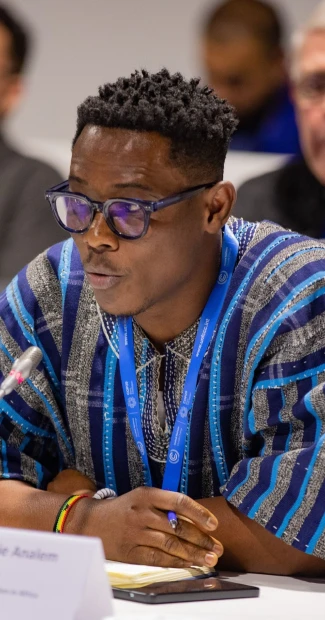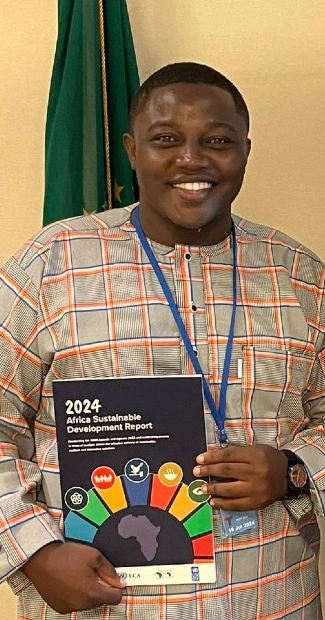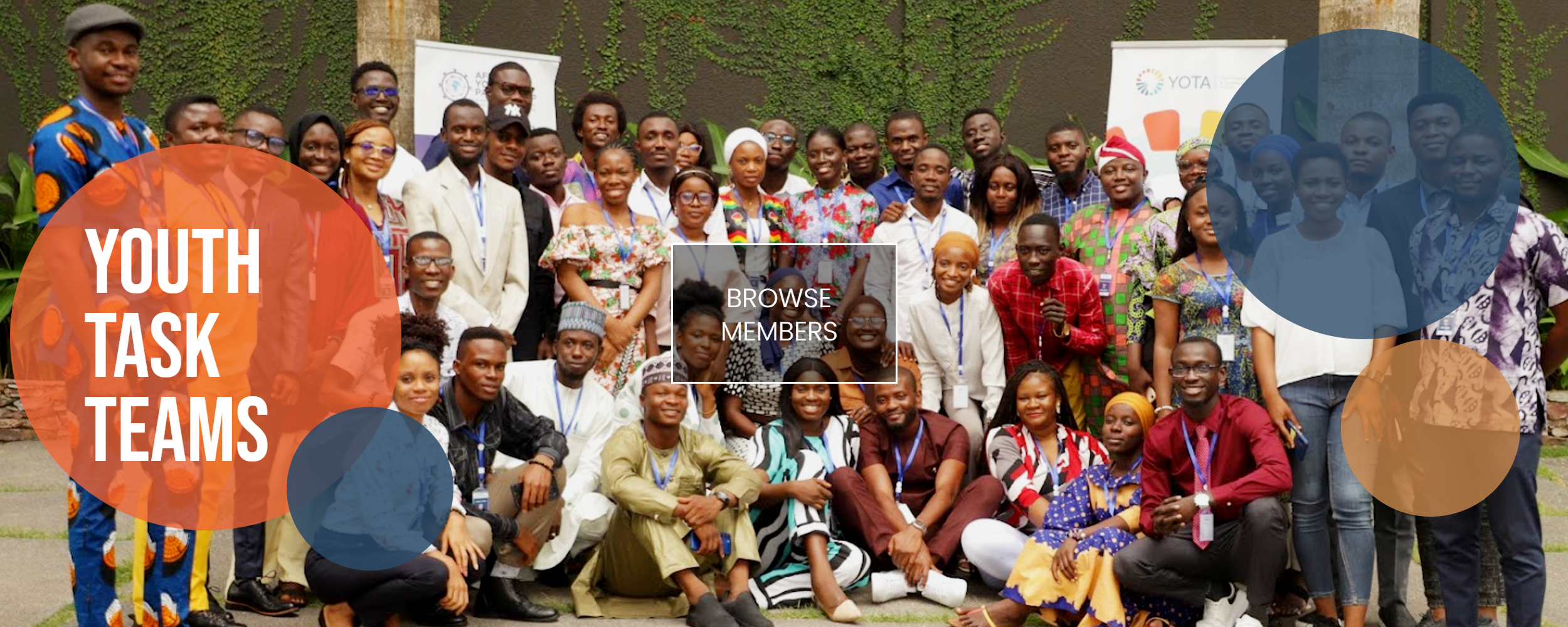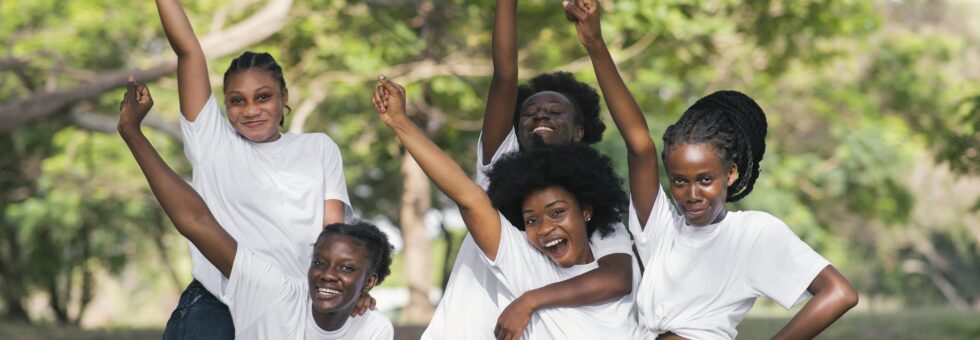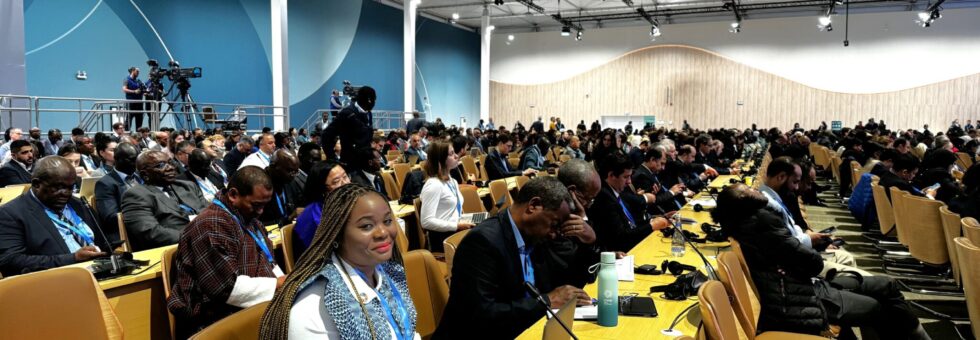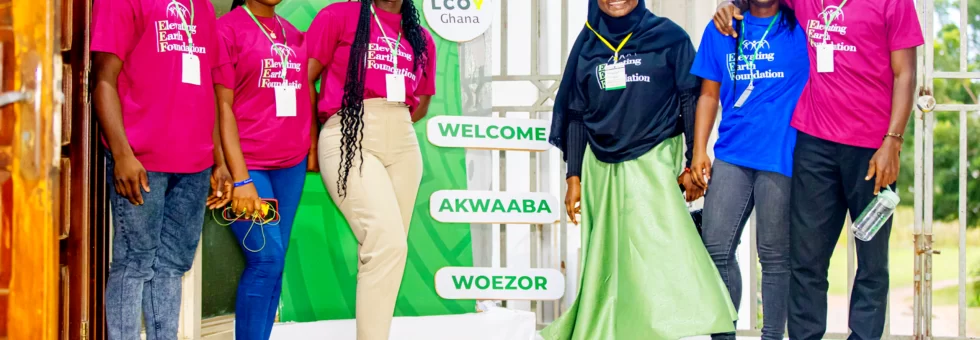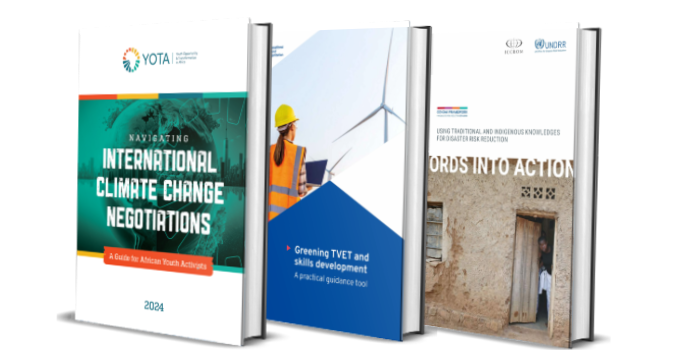
YOUTH CLIMATE RESOURCE HUB
Explore a rich collection of knowledge materials designed to empower action on climate change.
EMPOWERING YOUTH FOR IMPACTFUL CLIMATE NEGOTIATIONS
We are committed to building the capacities of youth climate advocates to actively participate in global, regional, and local climate change conferences. Through training, mentorship, and knowledge-sharing, we equip young leaders with the skills and tools needed to engage in policy discussions, contribute to decision-making, and amplify their voices in the fight against climate change.
THE CHALLENGE | MISSION | STRATEGY
YOUTH TASK TEAMS
Youth Task Teams of the Africa Youth Partnership are leading the youth advocacy effort across 10 African countries – The Gambia, Ghana, Kenya, Liberia, Nigeria, Sierra Leone, Tanzania, Uganda, Zambia, and Zimbabwe. They are shaping the policy discourse, designing and implementing innovative solutions and policy advocacy to address the climate emergency.
